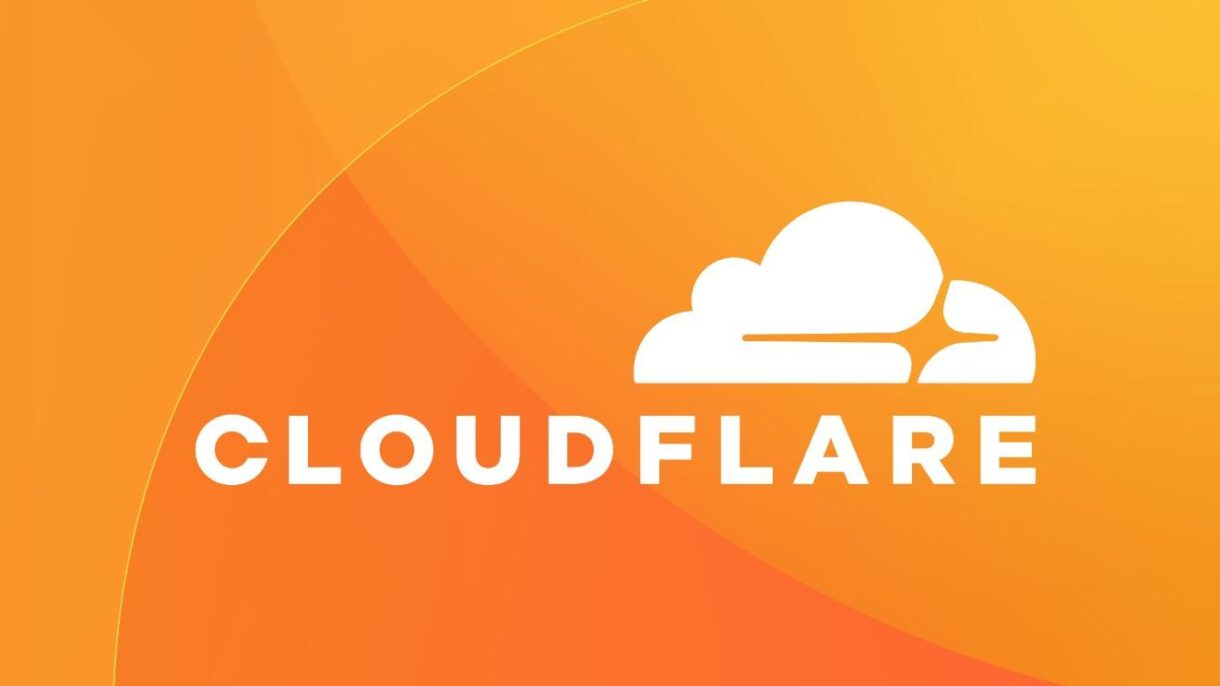
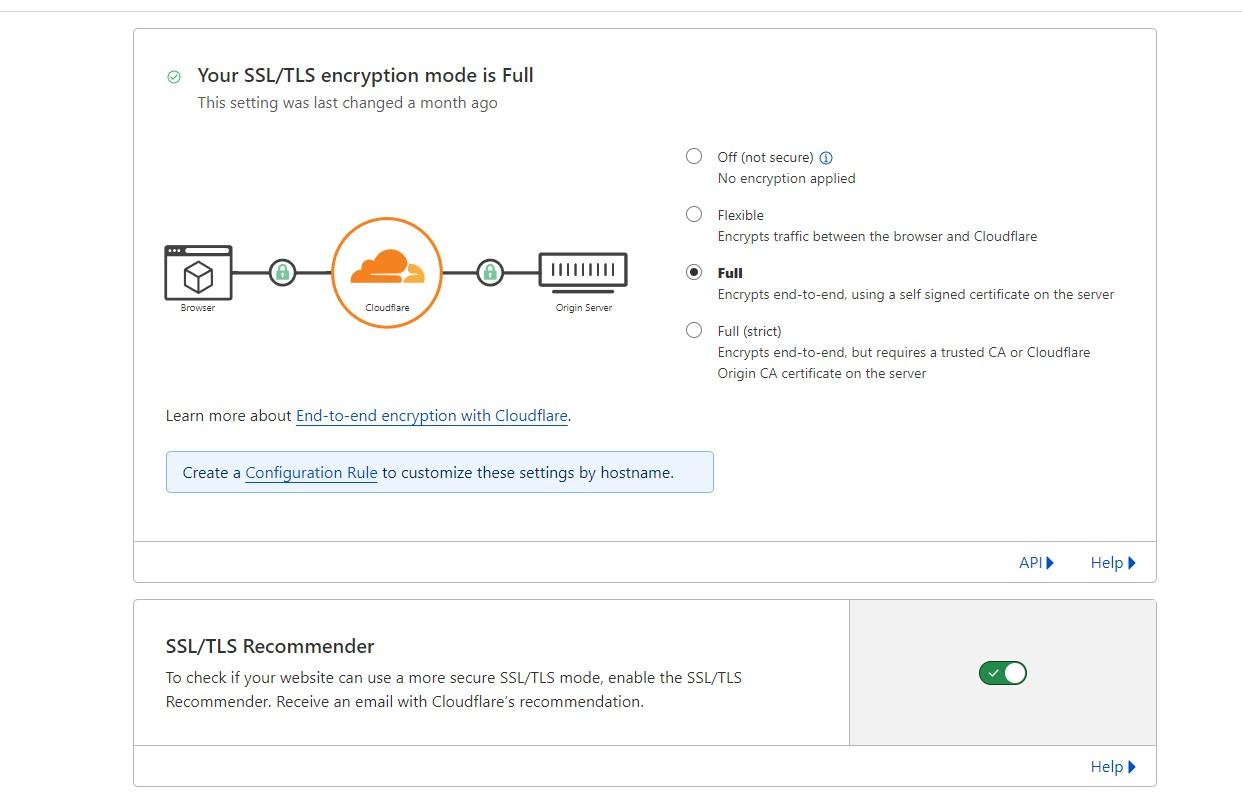
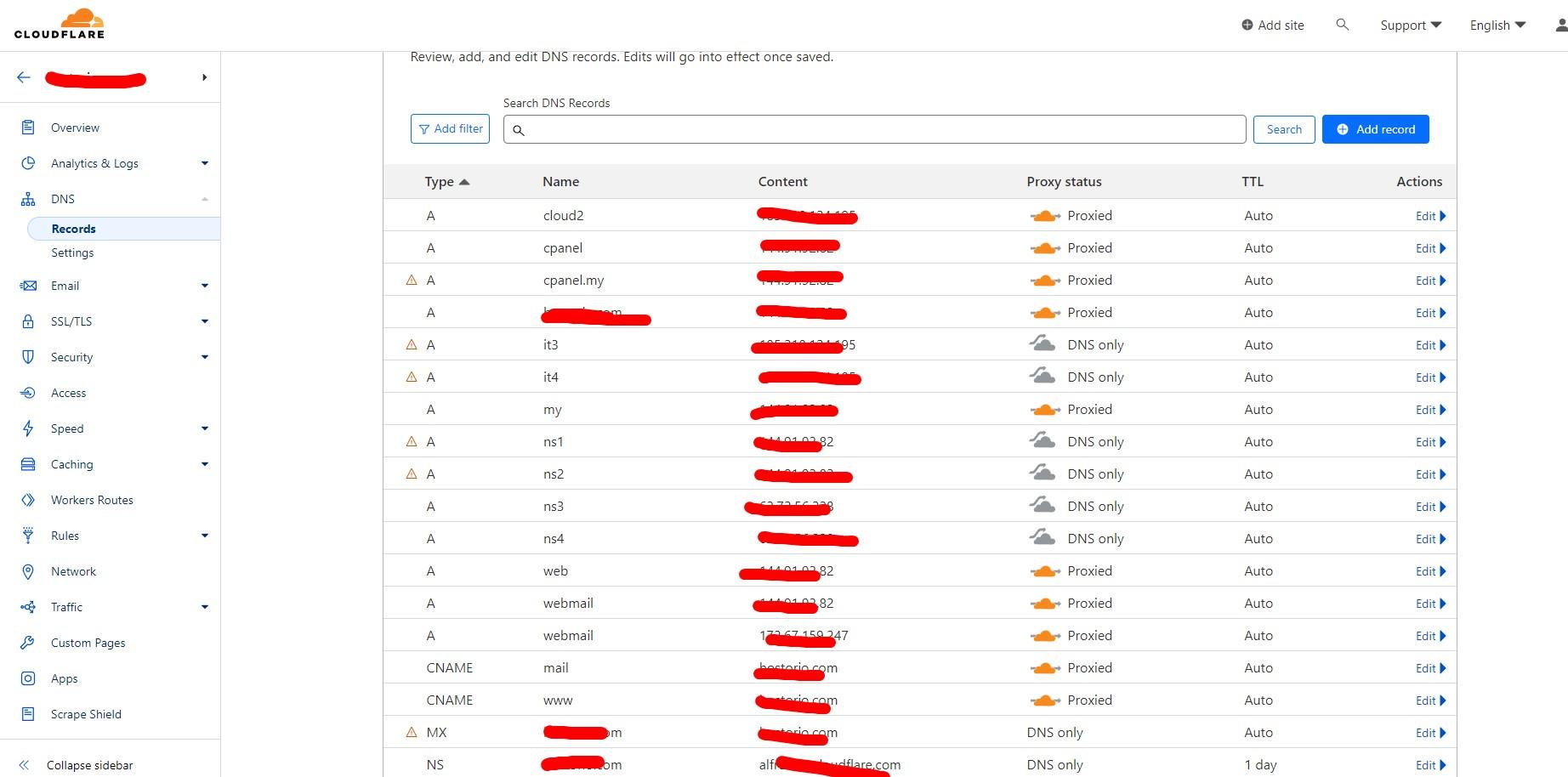
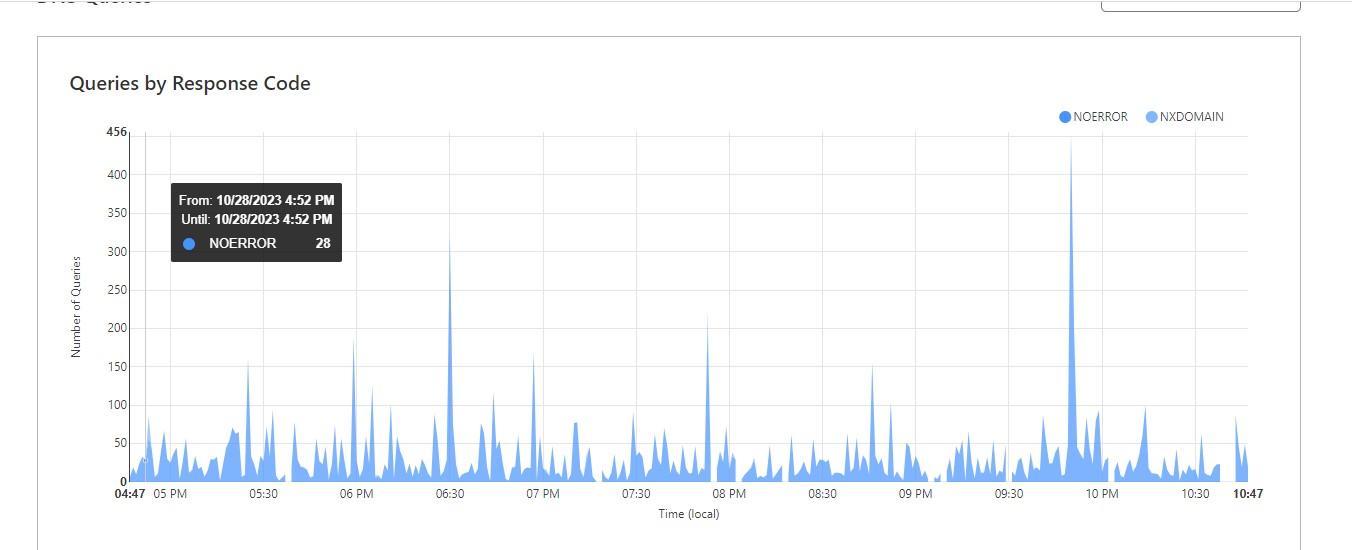
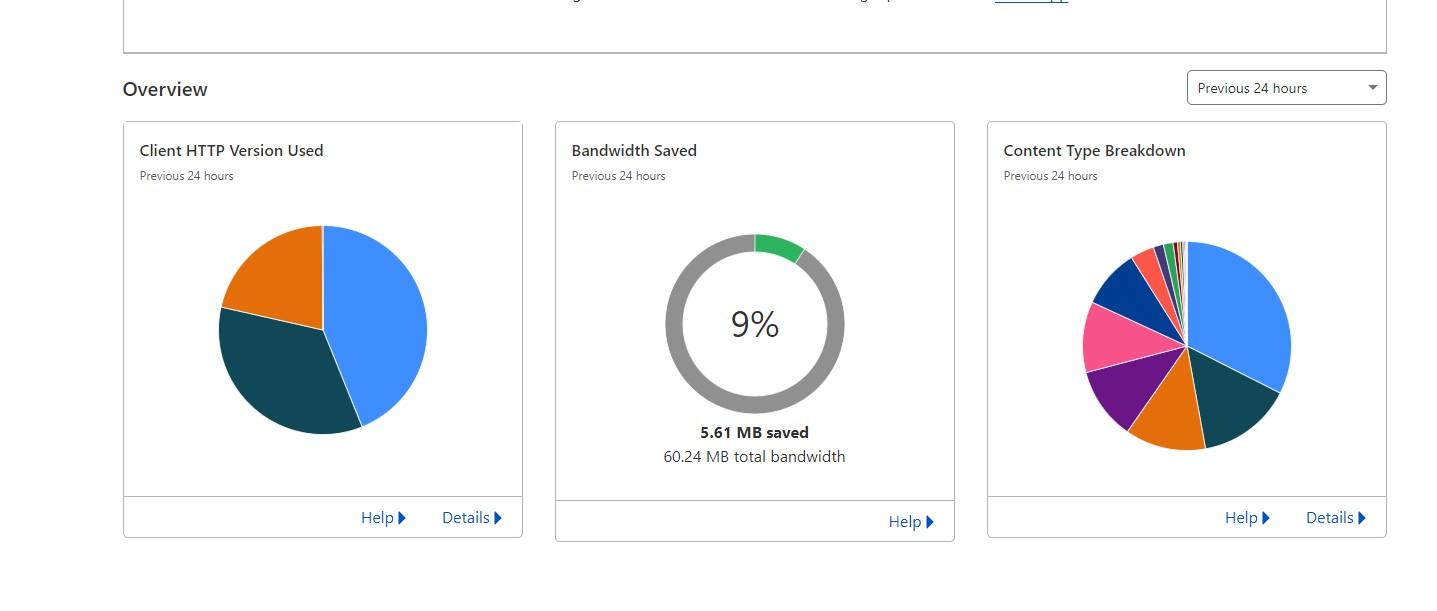
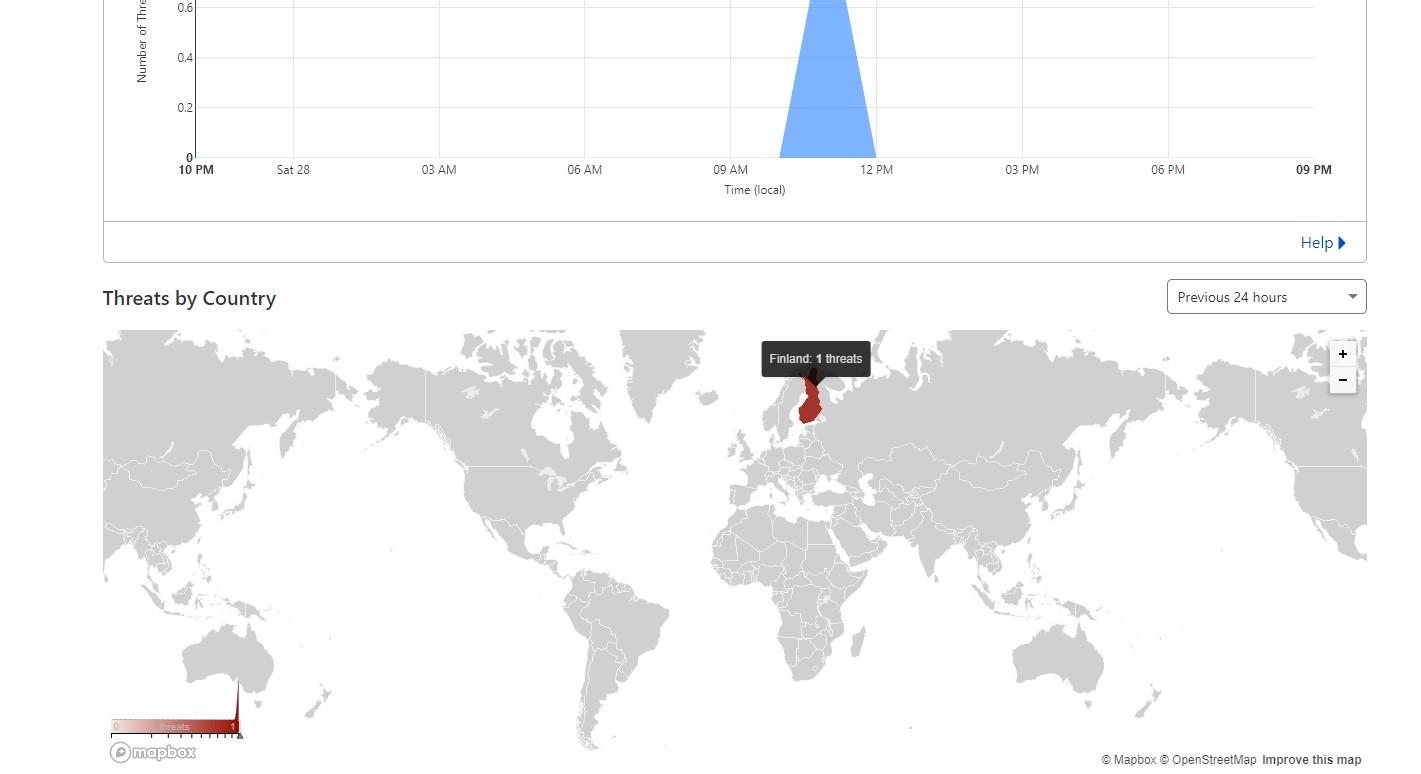
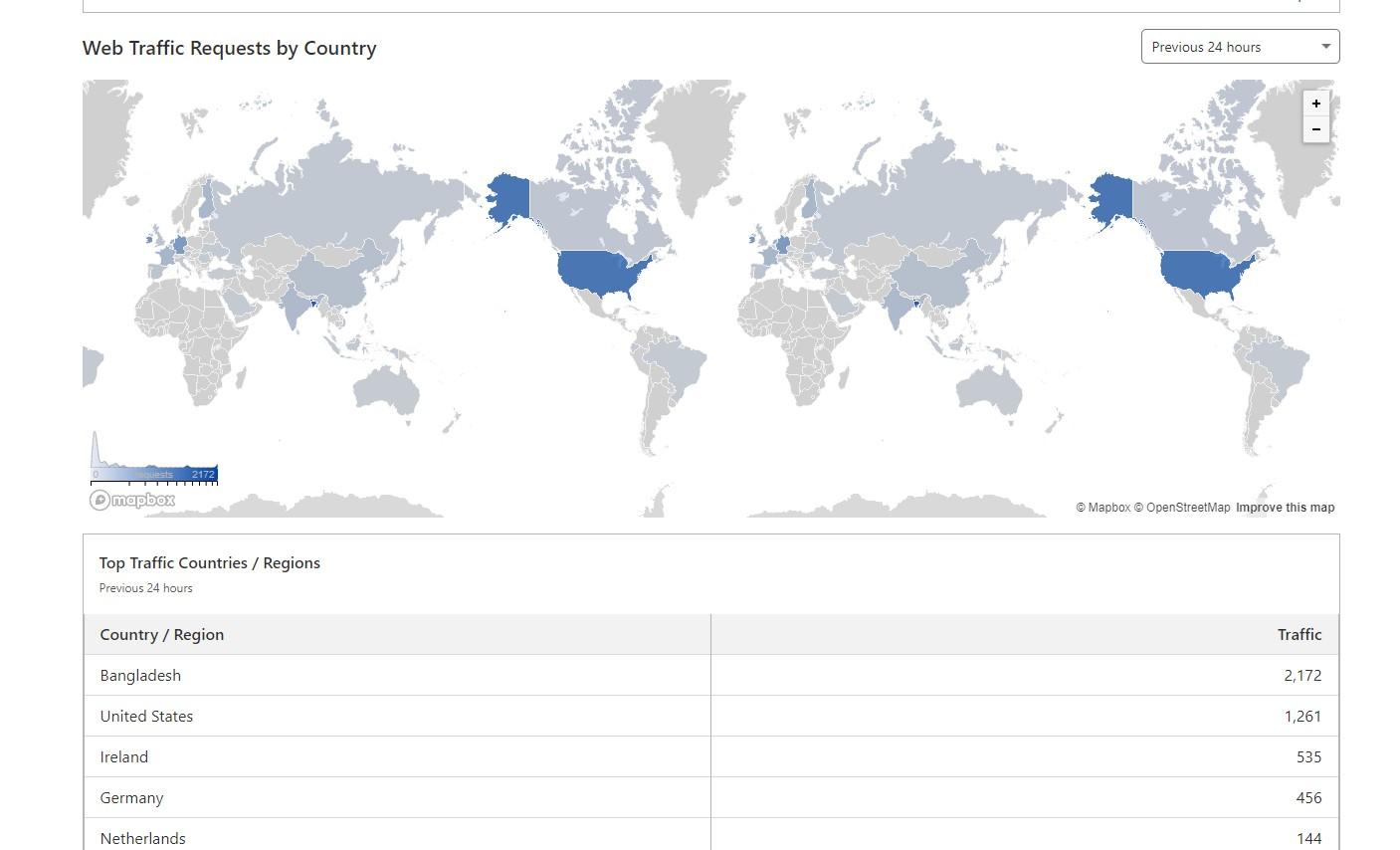
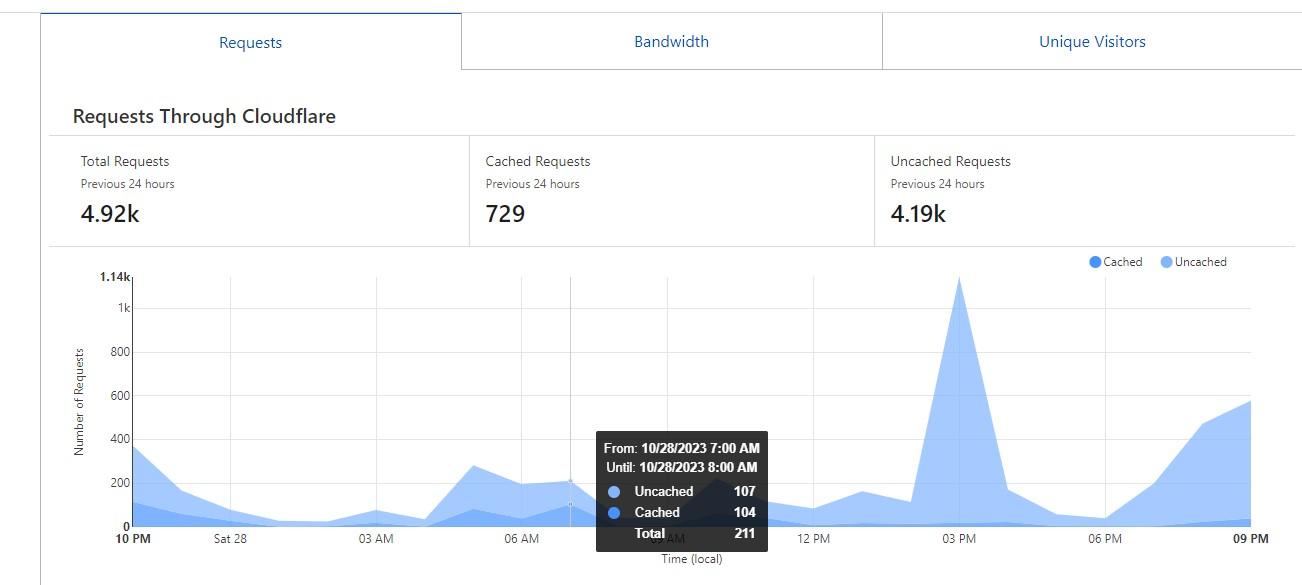
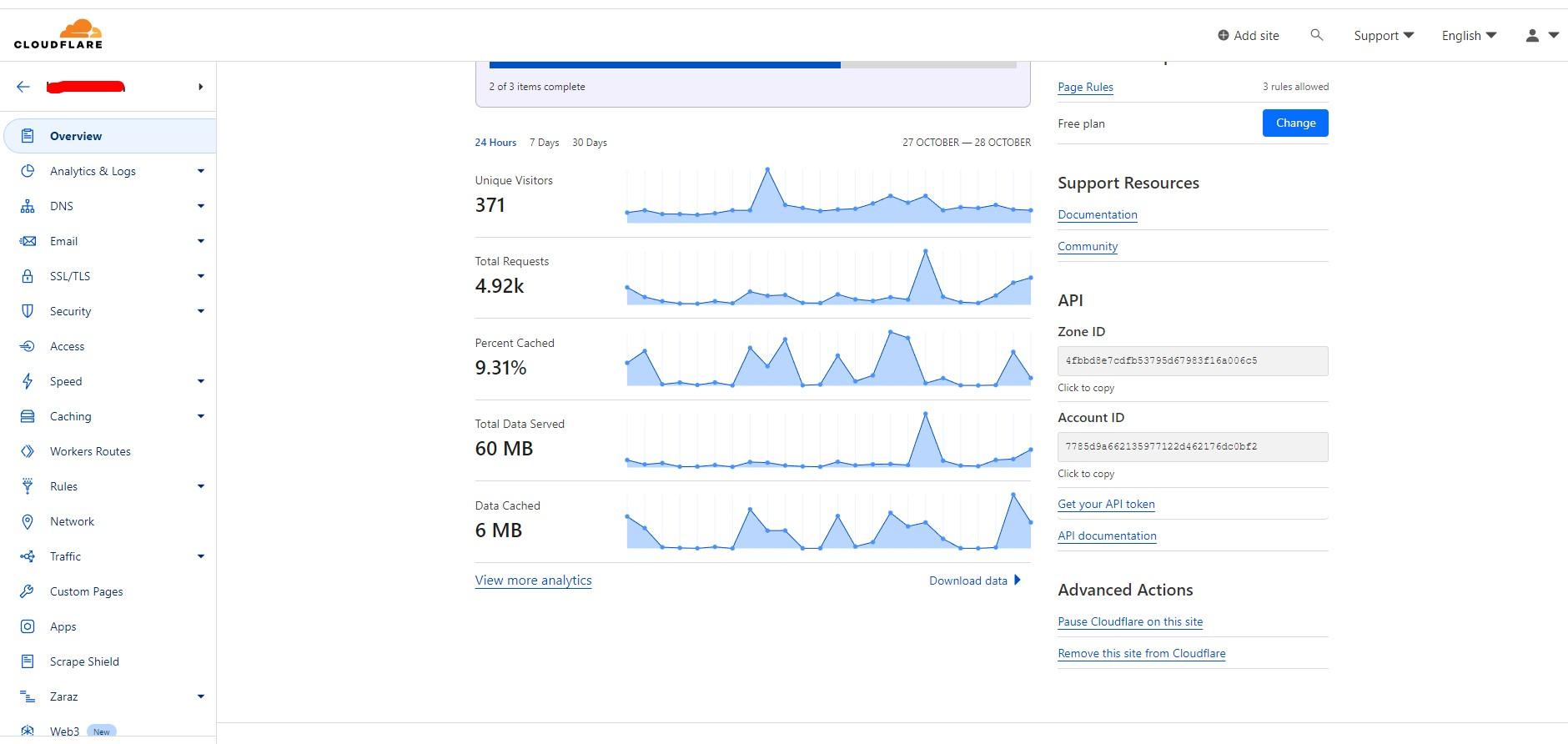

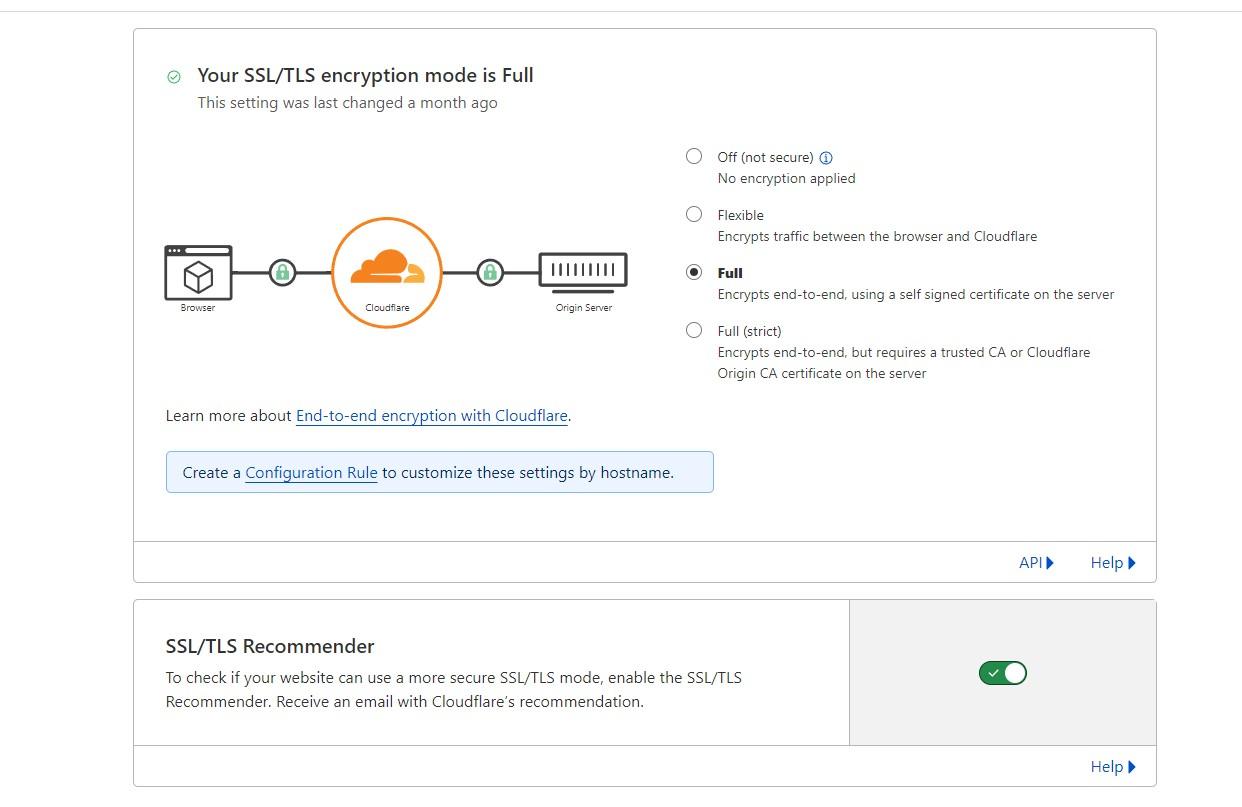
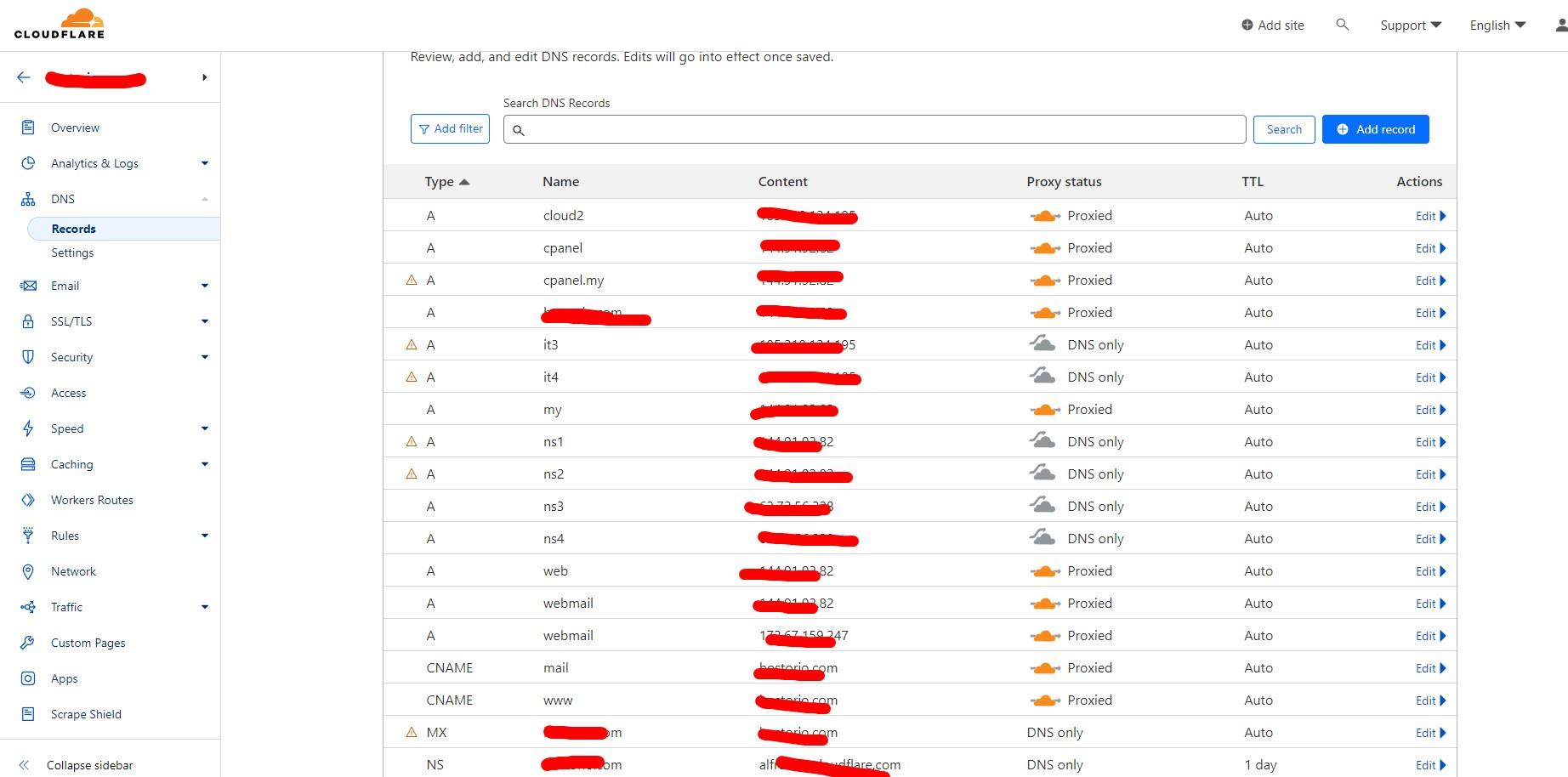
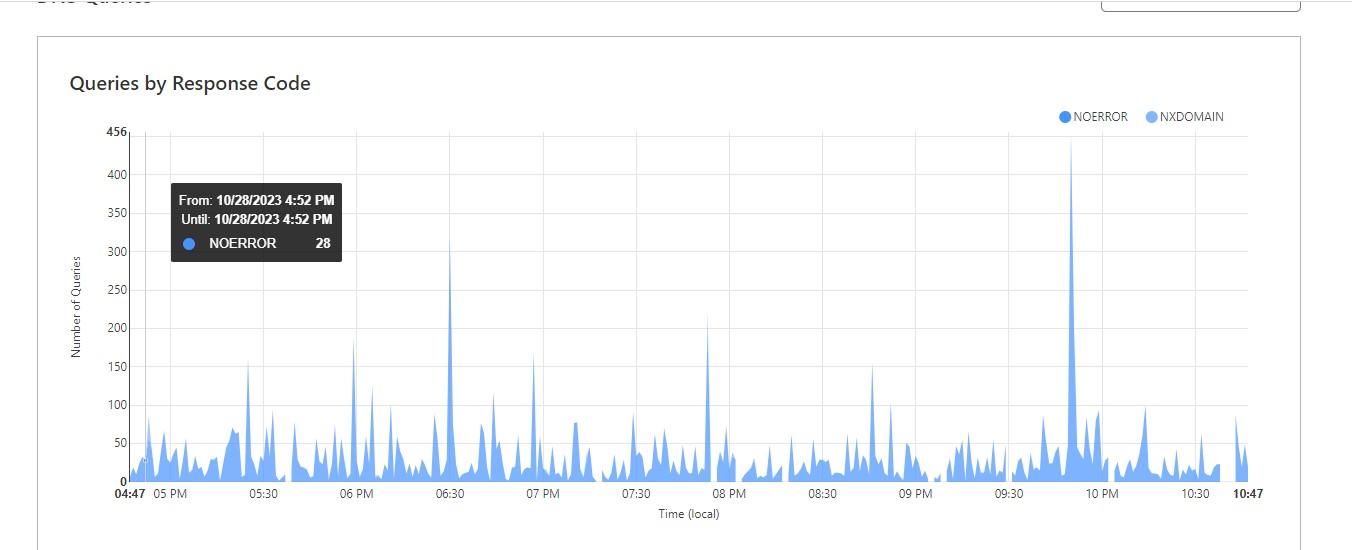
Cloudflare is a prominent global content delivery network (CDN), cybersecurity, and internet security company that provides various services to optimize and secure websites, APIs, and other internet services. It was founded in 2009 and has since grown into one of the largest and most influential companies in the realm of content delivery and internet security.
Key Aspects of Cloudflare:
- Content Delivery Network (CDN): Cloudflare operates a global network of servers strategically placed around the world. These servers help deliver website content to users more quickly by caching static content and serving it from the nearest server, reducing latency and improving load times.
- Distributed DNS Services: Cloudflare offers Domain Name System (DNS) services, providing authoritative DNS resolution, ensuring that website addresses are correctly mapped to their respective IP addresses.
- Security Services: Cloudflare provides a suite of security services, including Distributed Denial of Service (DDoS) protection, web application firewall (WAF), bot mitigation, SSL/TLS encryption, and security analytics to protect websites from various online threats, such as cyberattacks and malicious traffic.
- Load Balancing and Traffic Optimization: Cloudflare’s load balancing services help distribute incoming web traffic across multiple servers, ensuring websites can handle high traffic loads without slowdowns or downtime.
- Serverless Computing: Cloudflare Workers is a serverless computing platform that allows developers to run their code closer to the end-users directly on Cloudflare’s edge servers, reducing latency and enhancing performance.
- Analytics and Insights: Cloudflare provides various analytics tools to track website traffic, performance metrics, and security threats in real-time, offering insights that help in better understanding and optimizing web traffic.
- Secure and Fast DNS Resolver: Cloudflare’s public DNS resolver, 1.1.1.1, is known for its speed and privacy, providing users with a faster and more private internet browsing experience.
- Edge Computing Capabilities: Cloudflare’s edge computing capabilities bring compute resources closer to the end-user, enabling faster response times and reducing the load on the origin server.
Cloudflare’s services are designed to help improve the performance, reliability, and security of websites and internet services while also providing developers and businesses with tools to optimize their online presence. It’s widely used by a variety of businesses, from small websites to large enterprises, and is valued for its ease of use, powerful features, and extensive network infrastructure.
1. Content Delivery Network (CDN) Benefits:
- Improved Website Performance: Cloudflare’s global network of servers caches website content and serves it from the nearest edge server, reducing latency and improving load times.
- Bandwidth Savings: Caching static content at edge servers helps reduce the origin server’s load, saving bandwidth costs.
- Global Reach: The network spans multiple data centers worldwide, ensuring users receive content from the nearest location, regardless of their geographic location.
2. Security and DDoS Protection:
- DDoS Protection: Cloudflare’s network helps mitigate Distributed Denial of Service (DDoS) attacks, absorbing and mitigating attack traffic before it reaches the origin server.
- Web Application Firewall (WAF): Cloudflare offers WAF capabilities to protect against various online threats, such as SQL injection, cross-site scripting, and more.
- SSL/TLS Encryption: Secure Sockets Layer (SSL) and Transport Layer Security (TLS) encryption services ensure secure connections between users and the website.
3. DNS Services:
- Fast and Secure DNS Resolution: Cloudflare’s DNS services offer faster resolution times and security features, helping prevent DNS-based attacks and enhancing privacy.
4. Load Balancing and Traffic Optimization:
- Load Balancing: Helps distribute incoming traffic across multiple servers, improving website availability and performance during traffic spikes.
5. Edge Computing and Serverless Solutions:
- Edge Computing Capabilities: Cloudflare Workers allow developers to execute code closer to end-users, reducing latency and enabling serverless computing at the edge.
6. Analytics and Insights:
- Real-time Analytics: Cloudflare provides analytics tools to monitor website traffic, performance, and security threats in real-time, offering insights for better decision-making.
7. Cost Savings and Ease of Use:
- Cost-Efficiency: Cloudflare’s services often lead to bandwidth and infrastructure savings due to caching and traffic optimization.
- Easy Setup and Management: Cloudflare’s services are generally easy to set up and manage, providing a user-friendly dashboard for configuration and monitoring.
8. Improved SEO and User Experience:
- Faster Load Times: Improved site speed due to CDN and caching contributes to better user experience and can positively impact search engine rankings.
- Site Availability: DDoS protection and load balancing can help maintain site availability, reducing downtime and improving user experience.
Cloudflare’s suite of services collectively provides a robust solution for enhancing website performance, security, and reliability, making it an attractive option for businesses and individuals seeking to optimize their online presence.


